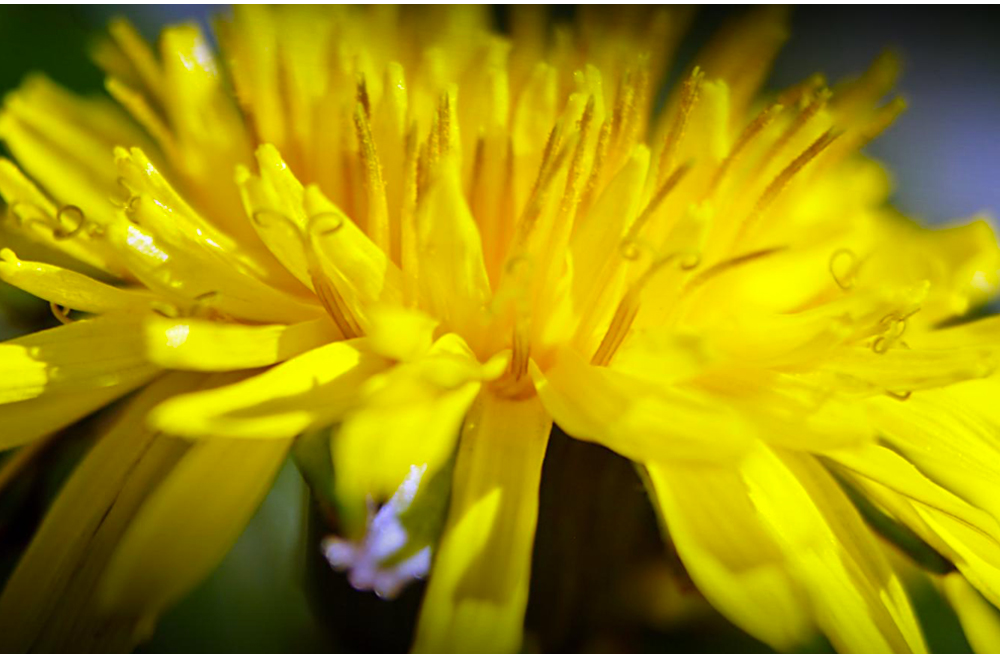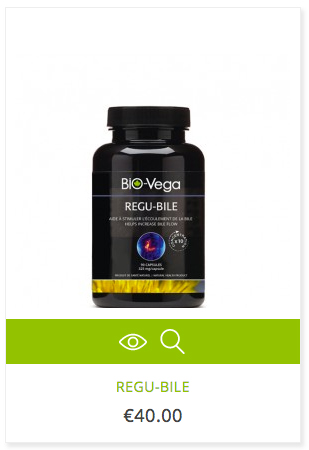Dandelion, an ancestral remedy

Dandelion is one of the plants with food qualities, but also medicinal properties. It is currently the subject of a very large number of studies around the world, proving traditional knowledge. Among the evidence of the benefit of its consumption, the following published effects can be summarized.
Part of a large genus of flowering plants in the asteraceae family, the dandelion, or Taraxacum officinale, is a perennial native to europe and asia, where it's believed to have evolved into its present-day form some thirty million years ago. The dandelion gets its name from the french "dent-de-lion", or “lion’s teeth” which references the jagged edges of leaves at its crown that resemble the teeth of a lion. Today, dandelion species can literally be found throughout the world. Though widely seen as an invasive weed that takes over lawns and gardens, the dandelion has also long been prized for its potent therapeutic properties in both traditional native american and arabic cultures, as well as in ancient and contemporary europe and china.
Nutritionally speaking, the dandelion is a true powerhouse. It is an exceptionally rich source of beta-carotene, as well as vitamin C, fiber, potassium, iron, calcium, magnesium, zinc, and phosphorus. It's also a very good source of many of the B vitamins such as thiamine, riboflavin, niacin, folic acid and pantothenic acid, as well as is plentiful in trace minerals, organic sodium, and vitamin D. In addition, dandelion supplies considerable quantities of inulin, choline, essential fatty acids, antioxidants, as well as many powerful phytonutrients that help modulate inflammation throughout the body. Biologically active compounds that have been identified in dandelion extract include taraxasterol, pseudotaraxasterol, taraxacin, isolactucerol, cycloartenol and esculetol, among others.
The remarkable nutritional density of dandelion, most notably its high concentration in vitamins, calcium, potassium and other trace minerals imparts it with its renown diuretic effects. Further, the dandelion is considered a bitter plant, which is a direct reflection of its dense flavonoid content (carotene-ß, carotene-a, lutein, crypto-xanthin and zea-xanthin), and thus makes it an excellent “blood purifier”.
The effects of dandelion on your health
Cholesterol
Animal studies have conclusively shown that dandelion can help normalize blood sugar levels and lower total cholesterol and triglycerides, while raising HDL (good) cholesterol.
Further, other research suggests that diet induced hypercholesterolemic atherosclerosis is associated with an increase in oxidative stress and that dandelion can reduce the extent of atherosclerosis by reducing oxidative stress and serum TC, TG, LDL-C, and raising serum HDL-C. Dandelion may thus be considered beneficial for preventing hypercholesterolemic atherosclerosis and reducing risk factors for coronary artery disease.
Diabetes
Dandelion can be especially beneficial to diabetics by stimulating production of insulin from the pancreas and thus helping to maintain stable blood sugar levels. Further, because dandelion is diuretic in nature, it increases urination which helps remove any extra sugar from the body. In Europe, in fact, dandelion is regularly used as an integral part of a complex multi-targeted approach to the management of both Type-1 and Type-2 diabetes.
Digestive
Dandelion root is a very effective, mild laxative which can be used to help encourage improved digestion. It is also a potent appetite stimulant and can help soothe an upset stomach. Dandelion extract or tea further supports the digestive by stimulating gastric secretions which promotes the breakdown of fat and cholesterol. Finally, drinking dandelion tea before a meal can help assist weight loss by helping to satiate appetite, making one feel fuller, which typically translates into less calories being consumed.
Diuretic
Dandelion acts as a natural diuretic, increasing urination in both quantity and frequency, and helps expel the extra sodium accumulated inside the body. By stimulating more urine production, dandelion affects the blood volume and water balance in your body, causing excess fluid to move out of the body tissues. While the exact mechanism of the diuretic effects of dandelion is not well understood, scientists have confirmed that it has strong diuretic activity which is comparable to conventional diuretic drugs. However, the most important aspect of the diuretic action of dandelion is that the herb also contains potassium. Unlike most diuretics, this natural preparation does not cause hypokalemia (potassium deficiency). In fact, unlike other diuretics, dandelion contains vast amounts of potassium that restore the mineral balance in the kidneys as toxins are flushed out.
Liver & gallbladder
One of the roles of the liver is to produce bile, which helps enzymes in the body break down fats into fatty acids, and to filter and detoxify our blood. The liver also has the amazing ability to break down and store amino acids, synthesize and metabolize fats and cholesterol, store glucose, and regulate many of our internal functions. Further, the vitamins and nutrients present in dandelions help cleanse the liver and keep them working optimally. Dandelions also support the digestive system by maintaining the proper flow of bile from the liver and gallbladder. Finally, dandelions are a good source of vitamin C, which supports mineral absorption, helps modulate inflammation and prevents the development of disease.
CONCOMITANT PRODUCTS
Dandelion is great as a standalone support for water retention, ecurrent UTIs, sluggish liver, digestive issues and as general support for the kidneys. It may also be combined with other herbs as part of an overall therapeutic approach addressed to the gastrointestinal system, liver or urinary tract. Some of these adjuvant herbals include hawthorn, horsetail, juniper, parsley, hibiscus, milk thistle, burdock, artichoke and turmeric, among others.
RELATED PRODUCTS


Comments
Leave your comment